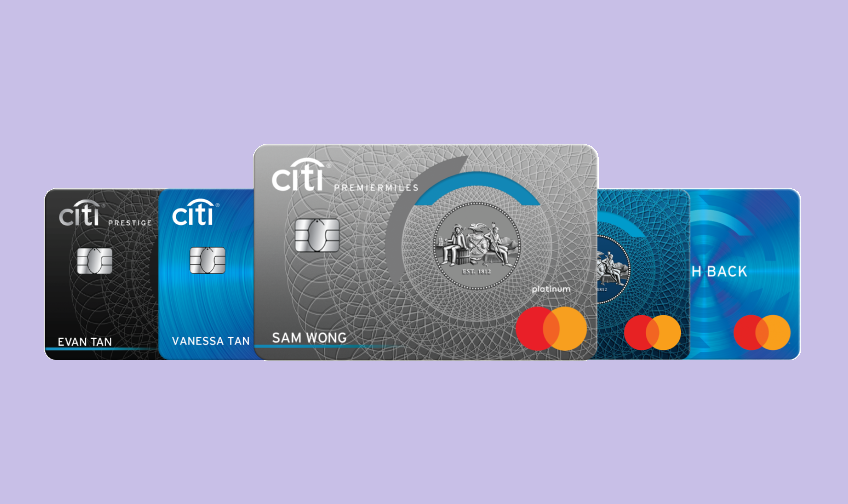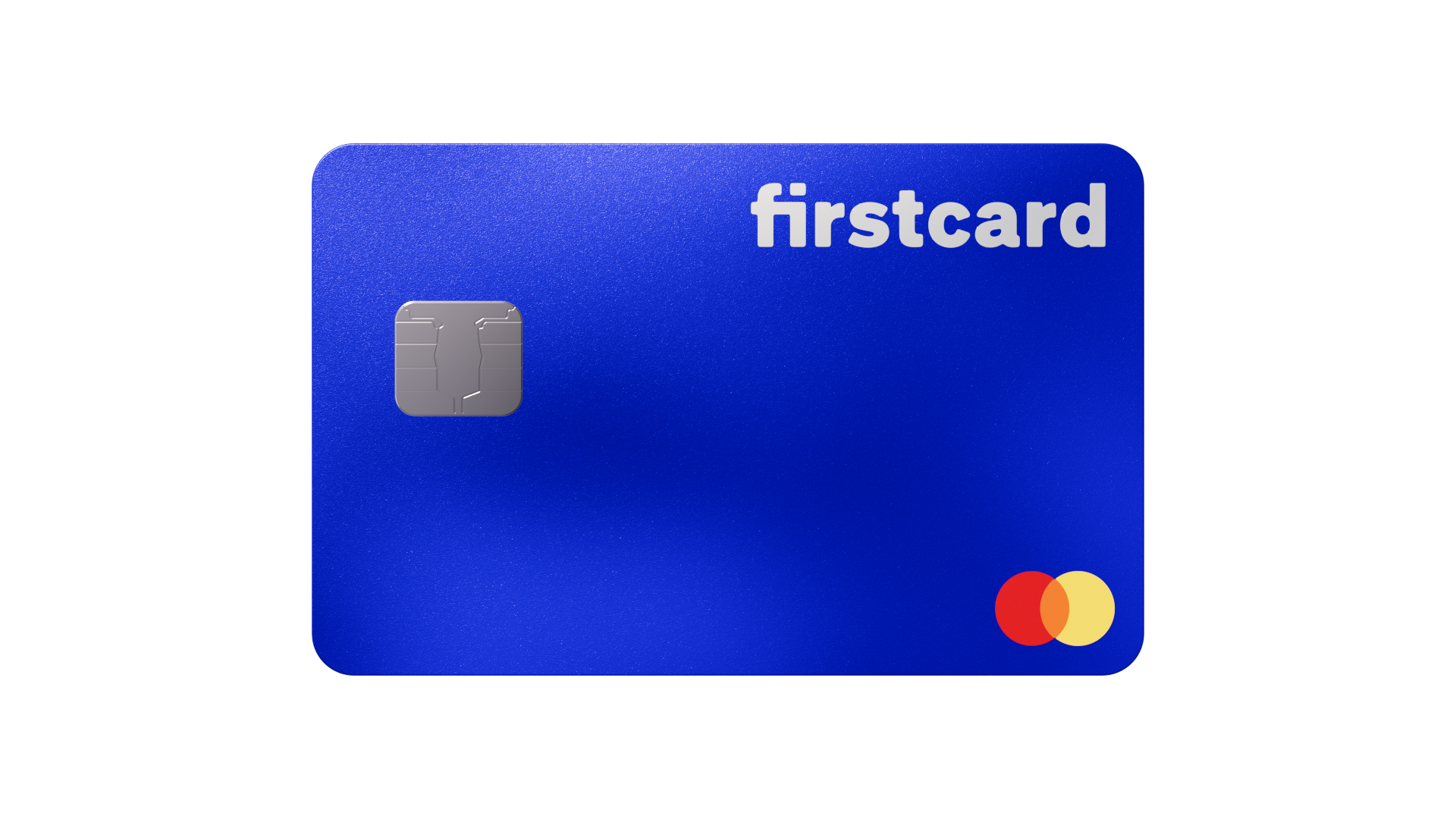How Credit Cards Can Help in Managing Financial Emergencies

Understanding Financial Emergencies
Financial emergencies can arise at the most unexpected times, whether due to a sudden medical emergency, car repair needs, or an unforeseen job loss. These situations can leave you feeling vulnerable and in dire need of a strategy to manage the financial fallout. That’s where the utility of a credit card becomes invaluable, serving as a buffer to help you navigate through these tough times.
The Benefits of Using Credit Cards in Emergencies
Credit cards can be a lifeline during financial crises, and here are several features that underscore their importance:
- Instant Access to Funds: Whether you’ve experienced a flat tire on the way to work or an unexpected medical bill, credit cards provide immediate access to funds. For example, if your car breaks down, you can use your credit card to pay for towing services or a quick repair, thus avoiding additional costs associated with delay.
- Grace Periods: Most credit cards offer a grace period, typically between 21-25 days, during which you can pay off your balance without incurring interest. If you charge an emergency expense today but can repay it in full before the due date, you essentially have a short-term interest-free loan. This feature can provide you with some breathing room while you reorganize your budget.
- Rewards and Cash Back: Many credit cards come with rewards programs that can translate into significant savings. For example, if your card offers 1.5% cash back on all purchases, spending $1,000 on necessary emergencies can yield $15 back. Over time, these rewards can add up, effectively reducing the impact of those unforeseen expenses.
- Emergency Services: Various credit cards offer perks like travel insurance or roadside assistance. For instance, if your vehicle breaks down during a road trip, your credit card may cover the cost of towing or even provide a rental car. This added benefit can variably save you from major out-of-pocket expenses when you need it from the most.
Using Credit Responsibly
While credit cards are handy for addressing financial unpredictability, using them responsibly is paramount. Overspending or failing to pay off your balance within the grace period can lead to accumulating interest, which may result in a spiraling debt situation. For instance, a balance of $2,000 with an interest rate of 15% can lead to owing significantly more if not paid off promptly. To mitigate such risks, it’s prudent to budget your credit spending carefully and maintain a limit that you can comfortably repay.
Understanding how to leverage credit cards can empower you to handle financial emergencies effectively, transforming a potentially stressful situation into a more manageable one. As we delve deeper into effective strategies in the next sections, we aim to equip you with the knowledge necessary to navigate life’s surprises with confidence.
DISCOVER MORE: Click here for a step-by-step guide
Leveraging Credit Cards for Immediate Solutions
In times of financial emergencies, having a credit card can be a game changer, offering not only convenience but also a sense of security. As you’ve already seen, credit cards provide a number of significant advantages that can aid in navigating unexpected expenses. Let’s explore some of these benefits in further detail, emphasizing how they transform a precarious situation into a manageable one.
- Emergency Fund Replacement: Ideally, you would have an emergency fund set aside for times like these. However, if that isn’t the case, a credit card can act as a temporary replacement. For example, if you face a sudden medical bill of $500 and you lack liquid cash, a credit card allows you to cover that expense immediately while you plan for repayment.
- Flexible Payment Options: Many credit cards now offer flexible payment arrangements. Some issuers allow you to spread payments over a set period without incurring interest, which can be significantly beneficial when managing high costs. Suppose you finance a $1,200 car repair; having the option to pay it off over six months can help alleviate the pressure on your budget.
- Credit Limit Utilization: Another useful aspect of credit cards is the ability to utilize your available credit limit. This is particularly beneficial during emergencies when immediate expenses arise. If you have a credit limit of $5,000, you can readily access that entire amount when faced with urgent financial needs, as long as it stays within a temporary borrowing strategy.
- Protection Against Fraud: Using a credit card can offer additional peace of mind thanks to consumer protection policies against fraudulent charges. This means that if your card is lost or stolen, your liability for any unauthorized charges may be limited. This feature reassures you when you need to use your card without the fear of potential loss.
Credit cards often include additional features that enhance their utility during emergencies. For instance, many come with price protection features, which allow you to receive a refund if the price of an item drops shortly after your purchase. This can be particularly beneficial if you’ve just bought a new appliance and its price decreases, making your purchase more financially favorable overall.
The key takeaway is that credit cards offer an array of features designed to assist consumers in urgent circumstances. Whether you find yourself in a medical crisis or simply facing an unexpected household repair, understanding how to leverage your credit card effectively can help you manage these urgent financial strains. However, as highlighted previously, careful management of your credit usage is crucial. Balancing immediate relief with responsible financial practices will significantly benefit you in the long run.
DISCOVER MORE: Click here to learn how to apply
Additional Benefits of Credit Cards in Emergencies
While we have touched on several key advantages of using credit cards to navigate financial emergencies, there are even more benefits that can provide additional assistance. Understanding these features can empower you to utilize your credit card effectively and responsibly during challenging times.
- Rewards Programs: Many credit cards come equipped with rewards programs that allow you to earn points or cash back on your purchases. In emergencies, this can translate into tangible benefits. For instance, if you’re using your card to cover essential expenses like groceries or medical bills, those purchases could earn you rewards. Over time, these rewards can accumulate and offer savings or travel perks, further alleviating future financial burdens.
- Access to Low-Interest Offers: Some credit cards offer promotional low-interest rates for balance transfers or new purchases. This can be especially useful if you’re facing significant costs and prefer to pay over time. For example, if you have to put a hefty bill on a card offering 0% interest for six months, you can manage those payments without the added stress of accruing interest, allowing for easier budgeting.
- Building Credit History: Using your credit card responsibly during an emergency also contributes to building a positive credit history. By making your payments on time and keeping your credit utilization low, you’re not only solving immediate financial issues but also enhancing your credit score for future financial opportunities, such as loans or mortgages.
- Emergency Assistance Services: Many credit cards, particularly those designed for travel or premium use, offer emergency services that can help when you find yourself in a tight spot. This includes support such as travel insurance, roadside assistance, or even concierge services to help with urgent needs. If your car breaks down or you need immediate travel arrangements, these services can make a world of difference.
Moreover, the flexibility of credit cards allows you to take control of your financial situation. For example, if you lose your job and are facing unexpected bills, being able to use your credit card for essentials can help you bridge the gap until a new income stream is established. However, it is crucial to approach this wisely. Always have a plan in place for repayment to avoid falling into a cycle of debt.
It’s also vital to monitor your spending closely during emergencies. Credit cards can easily lead to overspending, particularly when you feel stressed or anxious. A good practice is to set a budget for your emergency expenses and commit to only using your credit card within those limits. By being disciplined, you’ll ensure you can pay off your balance without incurring additional financial strain.
Finally, remember to read the fine print concerning fees and interests associated with your credit card. Understanding the terms of your card can help prevent any unpleasant surprises when you find yourself needing ventilation after an emergency. Awareness of any late payment fees, interest rates, and rewards structure is key to maximizing the benefits while minimizing potential pitfalls.
Through awareness and strategic planning, credit cards can empower you to navigate financial emergencies with greater confidence and security. Leveraging these advantages can transform a challenging situation into a manageable opportunity for financial growth.
DIVE DEEPER: Click here for essential tips
Conclusion
In conclusion, credit cards can serve as a valuable lifeline during financial emergencies, offering both immediate liquidity and a range of supportive features. The ability to tackle unexpected expenses—such as medical bills or urgent repairs—without delayed financial strain can significantly alleviate stress in trying times. By utilizing rewards programs, cardholders can earn benefits even while managing essential costs, turning challenging situations into potential opportunities for savings.
Furthermore, the option of accessing low-interest promotions can provide breathing room, allowing individuals to spread payments over time without incurring excessive costs. It’s worth noting that responsible credit card usage not only addresses urgent financial needs but also contributes to building a positive credit history, setting the stage for better financial opportunities in the future.
However, the key to successfully navigating emergencies with credit cards lies in responsibility and awareness. Setting a clear budget, being mindful of spending, and having a repayment strategy are essential. This careful management ensures that the flexibility offered by credit cards does not lead to further financial strain in the long run. By understanding the role that credit cards can play and how to use them wisely, individuals can turn financial challenges into manageable, temporary setbacks, ultimately leading to greater financial stability and growth.


